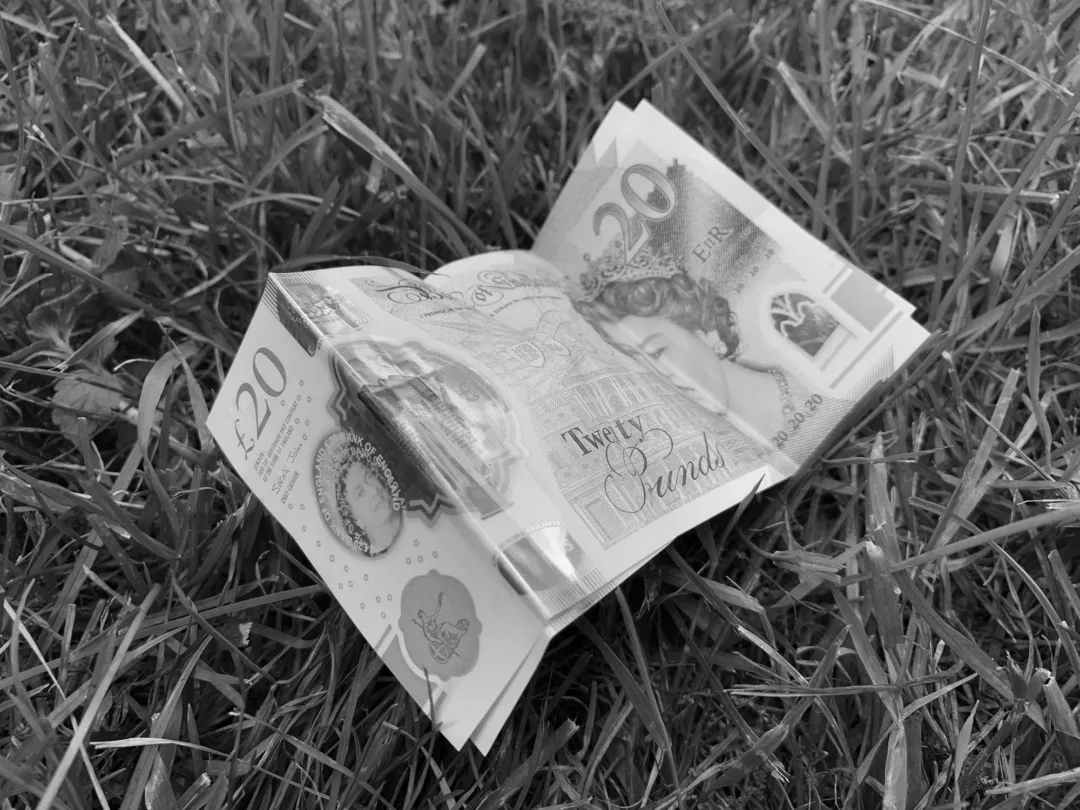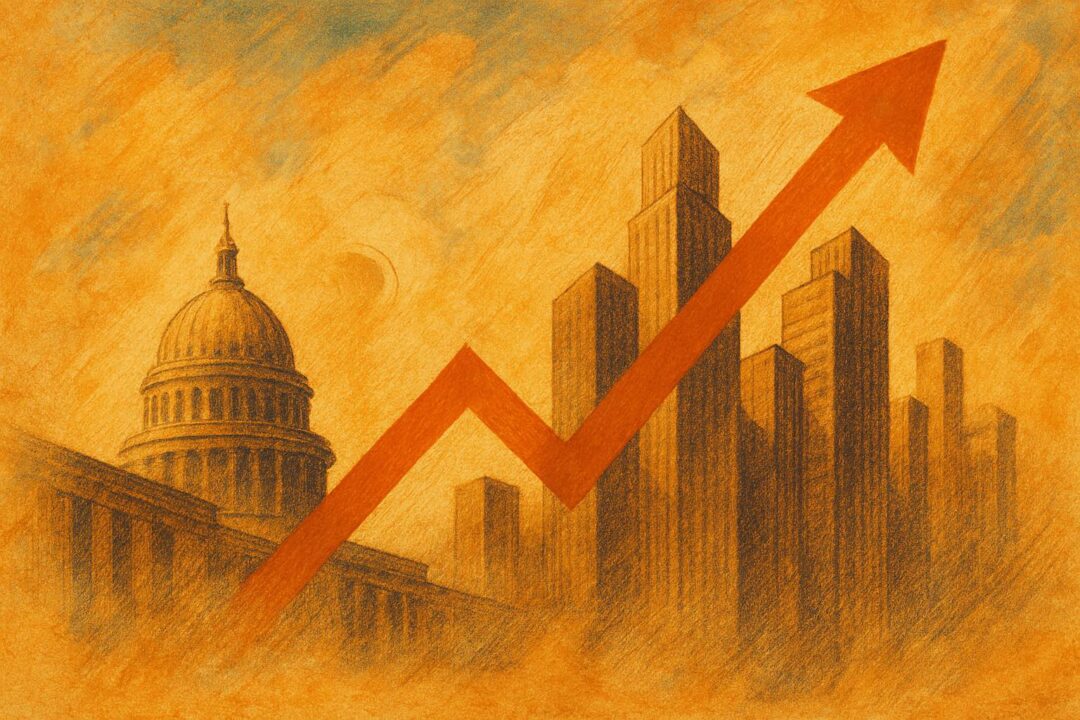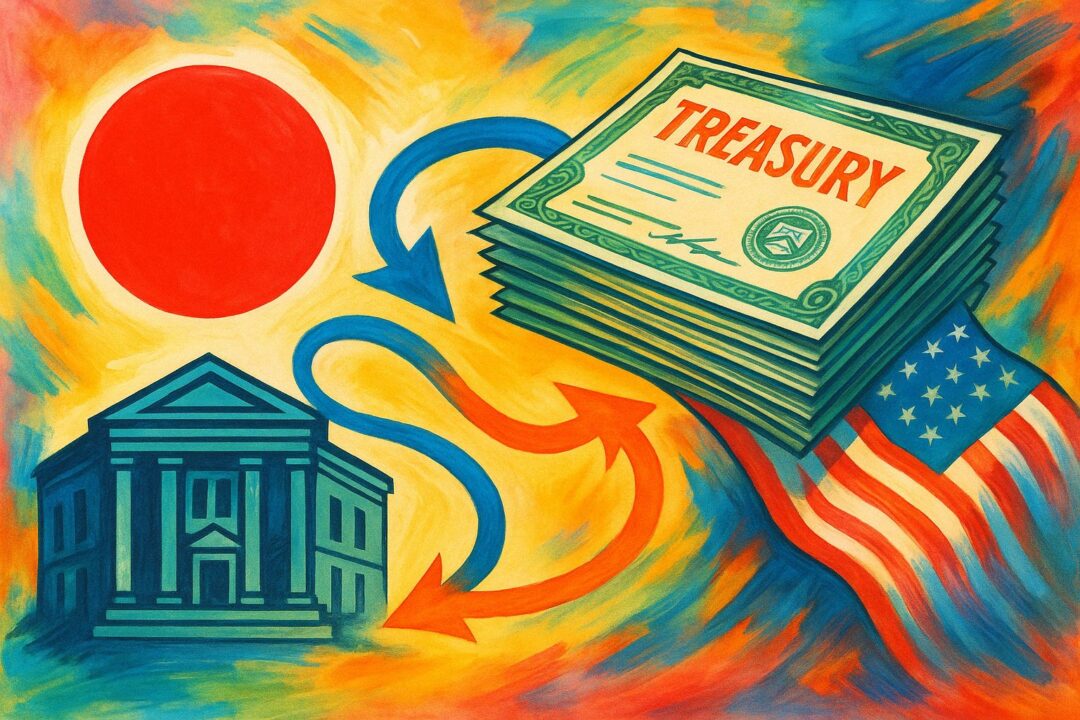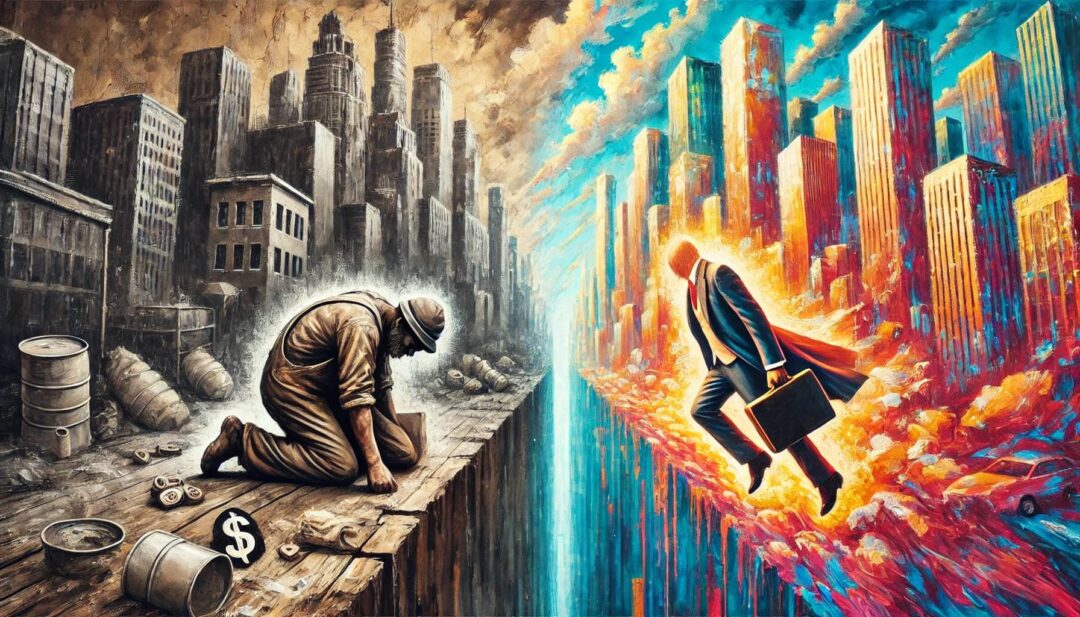Major economists rarely agree on anything. The academics, the policymakers, the bestselling authors—you could hand them the same data, put them in the same room, and still walk away with a dozen conflicting views.
This isn’t just a quirky detail of the field. It’s a real problem, especially for anyone trying to learn economics, finance, or geopolitics—which, if we’re being honest, are all just different sides of the same coin.
These subjects are too vast. That’s the root of it. There’s simply too much to learn in a single lifetime. Too many models, theories, historical events, opposing schools of thought, and moral frameworks to wrap your head around. No one can know it all. And because no one can know it all, everyone ends up knowing different things.
This is why people don’t agree. Each economist studies a different slice of the whole. Some focus on markets, others on labor. Some obsess over monetary policy, while others dig into energy, technology, or empire. Everyone is seeing the system from a different vantage point, using different tools, and—unsurprisingly—drawing different conclusions.
And it’s not just about the material. Even if two people studied the same books, they wouldn’t walk away with the same views. Some might fail to grasp the nuance. Others might understand it completely but interpret it through a different moral or intellectual lens. That lens—shaped by temperament, values, ideology, and personal experience—has a huge influence on how people process economic ideas.
This creates a kind of intellectual fragmentation. It’s not just disagreement—it’s disconnection. It’s people speaking different dialects of the same language, using the same words to mean completely different things. And for anyone trying to learn, this creates a serious dilemma: Where do you start? What do you focus on? Which economists do you trust?
Because whatever you choose, it shapes you. Your worldview will be molded by what you study and how you study it. You’ll start building a mental model of the world based on a specific set of inputs—and that model will be different from everyone else’s.
This isn’t a romantic, pluralistic “marketplace of ideas.” It’s a fractured discipline with no shared foundation. It’s a subject that should be cumulative, coherent, and masterable—but isn’t.
And that’s the real problem: economics has become too big, too divided, too dependent on individual perspective to offer consistent answers. And without consistent answers, we’re left with debate instead of clarity, ideology instead of consensus.
So no, disagreement among economists isn’t some charming intellectual feature. It’s a structural flaw. And it leaves learners stuck trying to assemble truth from scattered fragments, never quite knowing which parts are solid and which are sand.
Until the field can unify—or at least build a more coherent core—we’ll all be stuck in this maze, arguing from different maps.
Bonus: The Past Is Not a Blueprint for the Future
There’s one more thing worth saying, and it cuts even deeper:
Everything you can learn about economics is historic.
All of it. Theories, models, case studies, policy experiments—they’re all attempts to explain what has already happened. Economics builds stories from the past, identifies patterns, and tries to turn those patterns into rules. It selects a few variables (never all), connects them, and says: when this happens, that follows.
It assumes those relationships are stable. That the system behaves, more or less, like it used to. But that assumption is fragile.
Because every so often, the entire game changes.
Massive political shifts, economic restructurings, and—most of all—technological revolutions can uproot the whole foundation. They don’t just change outcomes. They break the rules entirely. They make the old relationships irrelevant.
The internet rewired global trade. AI is rewriting the labor market. Energy transitions could redraw the entire geopolitical map. Crypto, automation, biotechnology—these aren’t tweaks at the margins. They’re the kinds of shifts that collapse the old equations and leave theory scrambling to catch up.
And in that moment, the models—however elegant—start to look like astrology. The past stops being a guide and starts being a distraction.
This is the final frustration for anyone learning economics: even if you learn everything, even if you master the theories, you’re still playing catch-up. Because the future doesn’t care what happened before.
And that’s the risk of treating economics like a fixed system. Sometimes, the system breaks.
Discover more from Brin Wilson...
Subscribe to get the latest posts sent to your email.



